Cart Total
$0.00
-
Your shopping cart is empty
Loading

Hello! Log in Your Account
New customer? Start here


|
5 min read
Contents
Quick Summary
If yours is a big business hesitant to move your phone system into the cloud, read here to find out if you're missing out on more than you think.
In recent years, more and more businesses have begun using cloud-hosted phone systems - a type of phone service that allows businesses to make calls with their internet connection. This service is usually run by a VoIP provider, who stores all data related to the service offsite in secure data centres.
Cloud phone systems are extremely versatile and can be used with almost any device. They can even be work with analogue phones by way of analogue telephone adaptors (ATAs), and also work with computers, VoIP phones and smartphone apps.
The difference between cloud phone systems and other internet calling solutions is that the software and data are stored in the cloud and maintained by the cloud calling company, rather than the businesses doing that storage and maintenance. This means that the cloud company is in charge of maintenance updates, leaving businesses with time and finances to spare.
With businesses moving to this technology en masse, those yet to upgrade are wondering whether they might be missing out. So, are cloud phone systems suitable for big businesses? Let’s take a look.

Businesses nowadays have far more concerns and issues to deal with than in days gone by. Security issues have grown over the years and businesses now need to spot phishing, call interception and call spoofing happening over the internet. This can be difficult for businesses to keep up with, as fraudsters are forever adapting.
Many modern companies work with experts in IT security who take over this responsibility for them, meaning that issues can be more easily prevented. When it comes to the security of your phone system, though, since your cloud service provider is hosting the equipment and data for you, they can leverage their often substantial financial and development resources into securing their platform. With zero separation between the teams creating and securing the infrastructure you’ll be using, you can be sure of the tightest security.
Additionally, cloud phone systems are based in one central location and deal with a number of different types of communication from this hub. Each of these communication types, like calls and instant messages, can be backed up and uniquely protected within a strong security centre. The cloud host is dedicated to running a service that is stable and secure, so you don’t have to.
Another concern big businesses might have regards the reliability of the cloud platform. Especially if the business is older, management could lack trust in something as intangible and outside their locus of control as the ‘cloud’.
The majority of businesses use their phone system to connect with suppliers, partners, clients and customers and it’s therefore vital that their calling platform is reliable.
Thankfully, cloud-hosted calling platforms have servers in multiple locations, meaning if one server fails, your data and services will remain online thanks to the others. This is a concept known as geographic redundancy and is a great way of mitigating server downtime and company damages.

If big businesses are going to invest in a cloud hosting service, they’ll be looking for powerful features they can use to further develop and grow their business.
Cloud phone systems allow users to access a whole range of powerful features and call statistics. This will give you access to live insights for your business that you can then use to shape your customer service policies.
Additionally, cloud communication systems can be used with an application programming interface (API) that will let your business phone system communicate with other applications for powerful results.
Cloud-hosted calling systems do not only make life easier for big businesses but can also improve the caller experience. Features like custom hold music and call queues help to achieve this by letting your customers know how close they are to being connected.
What’s more, call forwarding allows for a call to be transferred in the event a customer does not phone the right department initially. As you can imagine, this is preferable to having to hang up and start again.
If a big business is unsure of whether to move 100% of its phone system infrastructure into the cloud in one go, it is possible to work the system around your existing on-site hardware. This will give you and your staff time to get used to a new way of working.
SIP trunking services are frequently offered by business phone system providers like Yay.com and these effectively adapt your on-premises PBX to make calls over the internet using the VoIP provider’s powerful platform. This means you can take advantage of your new provider’s cost-effective call plans and features alongside your existing phone system infrastructure.
Plus, as previously mentioned, a cloud-hosted phone system can work with a number of devices, including smartphone apps, traditional phones, computer software or VoIP enabled phones, so there can be a phased move to the system.
Cloud-based phone systems can solve a number of issues for big businesses such as security, reliability and customer satisfaction and can be easily implemented into any workplace.


Discover how easily franchise owners can create brand consistency and align with local market needs by adopting a Cloud-based VoIP service and virtual numbers.
Posted July 9 2024 | 5 min

Think your business is too young for a professional phone system? Here are some indicators that it might just be time to upgrade to hosted VoIP.
Revised January 18 2024 | 5 min
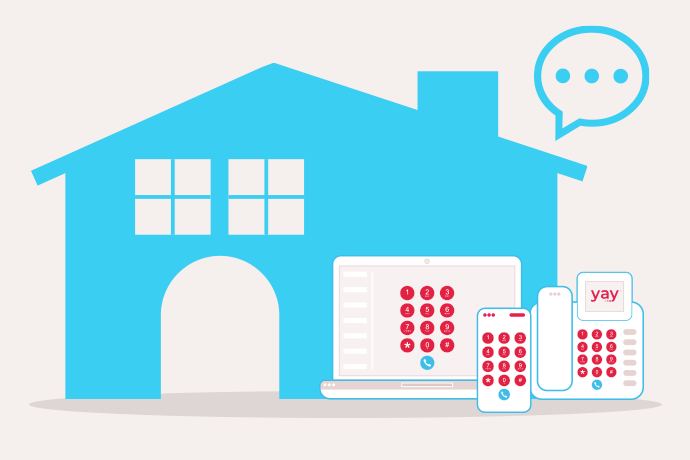
From higher call quality to call analytics, see how a flexible Cloud phone system can provide cost-effective, functional solutions to help estate agencies grow.
Posted August 31 2022 | 5 min
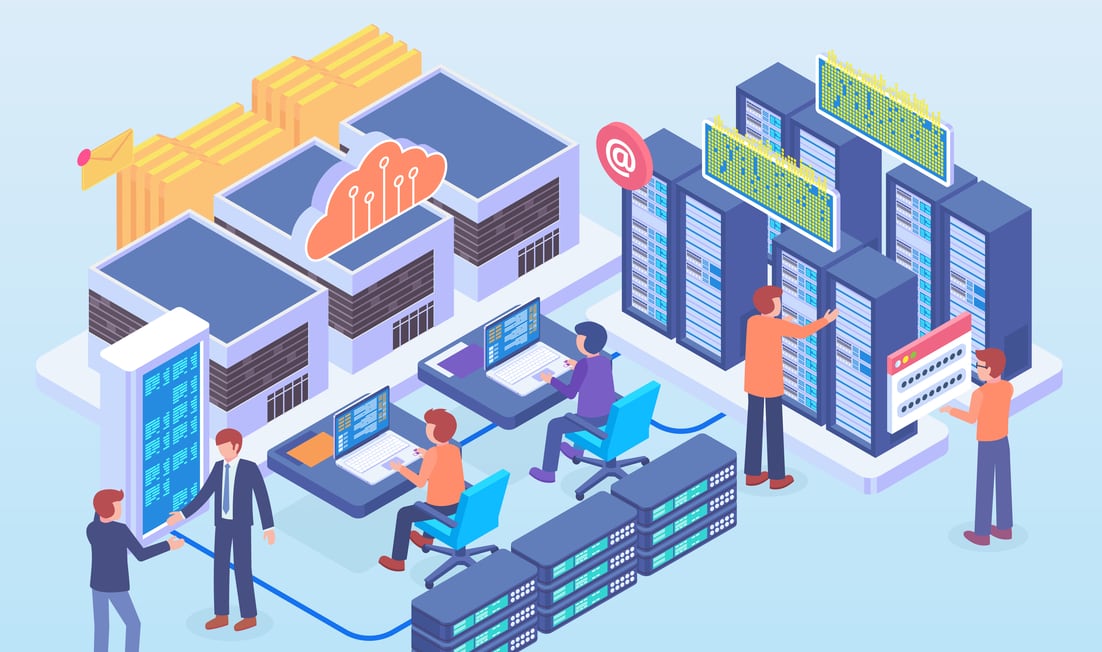
Check out these 20 reasons why cloud collaboration is the best business investment you'll make this year.
Posted January 20 2022 | 13 min

Cloud phone system providers offer different sets of features at different price points. We break down ours.
Posted January 4 2022 | 4 min

While VoIP loosely refers to all implementations of voice calling over the internet, a cloud-based phone system is a business solution hosted in the cloud.
Posted January 4 2022 | 4 min
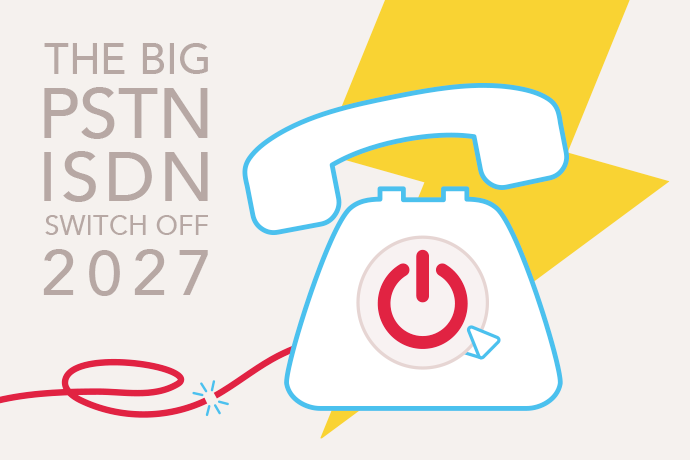
Dubbed 'The Big BT Switch Off', UK PSTN and ISDN analogue phone services will be phased out by the end of 2027.
Revised December 22 2021 | 16 min

A Cloud Phone System is one that provides business telephone services with VoIP technology. Read on to find out more.
Revised September 23 2021 | 7 min

More than just VoIP phones can be used to make and receive calls with your business phone system. IP intercoms make highly useful SIP endpoints too.
Posted February 26 2021 | 5 min

Just by virtue of being hosted in the cloud a VoIP phone system can benefit your business. We discuss these benefits and how cloud-hosting makes them possible.
Posted October 27 2020 | 5 min

Learn about government initiatives to bring gigabit broadband to the UK and how cloud-based services are driving them
Posted February 21 2020 | 5 min

Find out how Cloud-based VoIP Phone Systems can offer you considerable advantages over your competition.
Posted March 20 2019 | 4 min

Get to know Time Diaries and how they can assist your Cloud PBX in handling phone calls when your office or business is closed for the day.
Posted May 18 2018 | 2 min
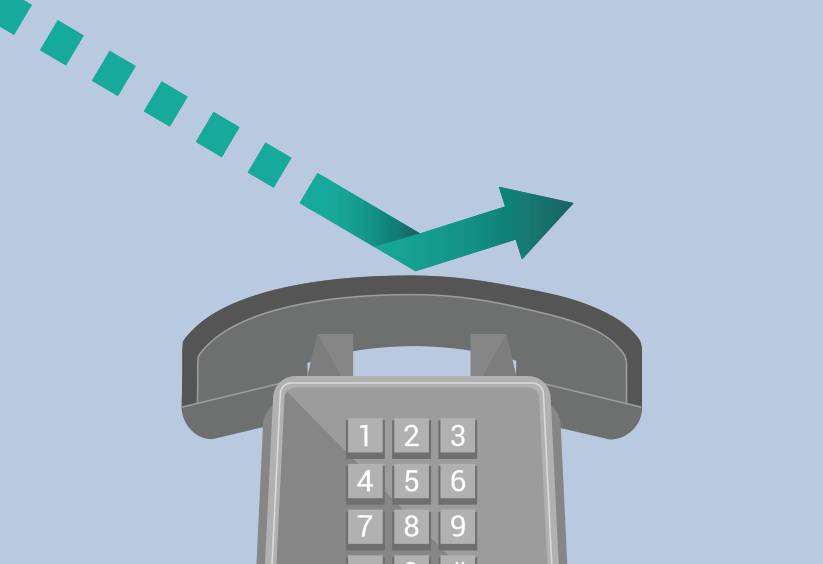
Businesses lose around £90m in sales just from missed calls. Here's how your hosted VoIP Cloud PBX can stop your business losing valuable calls and revenue.
Posted November 21 2017 | 4 min
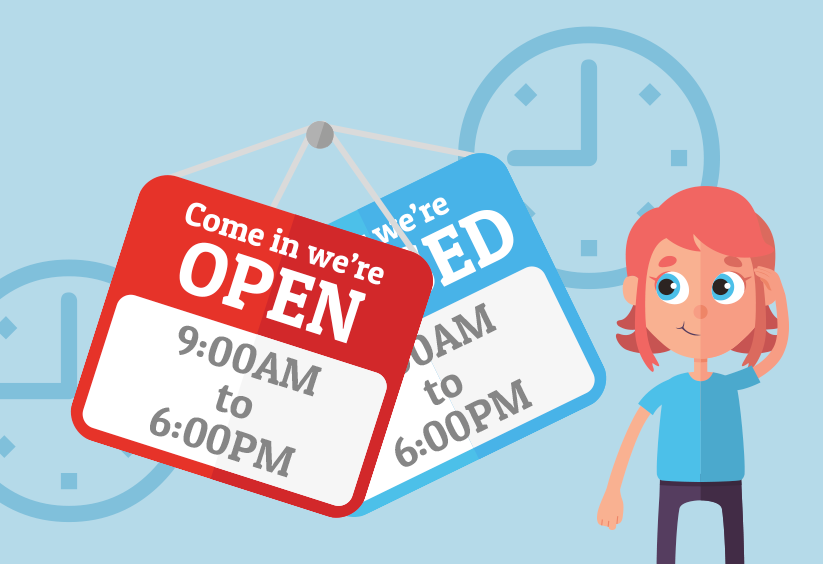
Use your hosted VoIP phone system to professionally handle incoming calls when you are away from the office during holiday times.
Posted August 24 2017 | 4 min
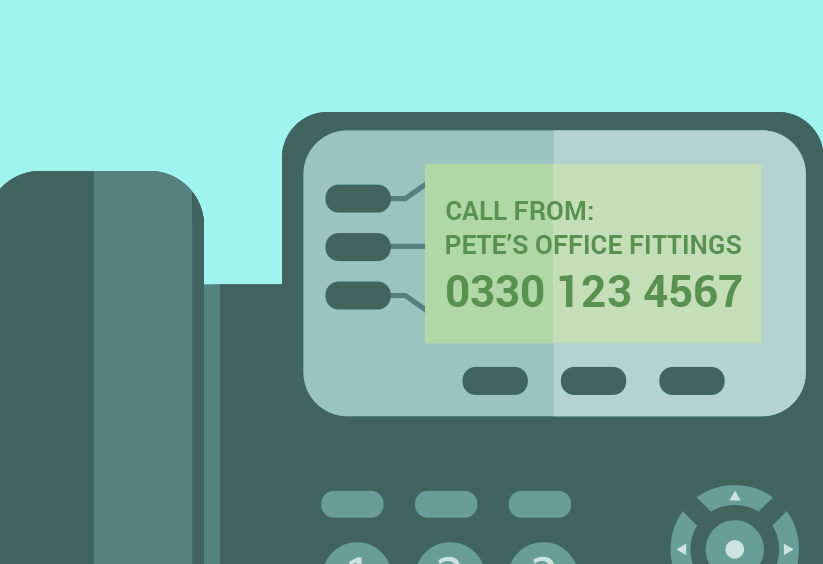
Use the Caller ID options included with your Cloud PBX to make an impact when calling your clients and business leads.
Posted August 4 2017 | 3 min

Hosted VoIP makes it easier than ever to stay in contact and collaborate, whatever the device, wherever you are. Here are 5 ways VoIP helps collaboration.
Posted March 9 2017 | 3 min

More than just a phone system, hosted VoIP opens up a host of alternate business features, such as sending fax and opening doors. See what you can do today.
Posted February 6 2017 | 4 min